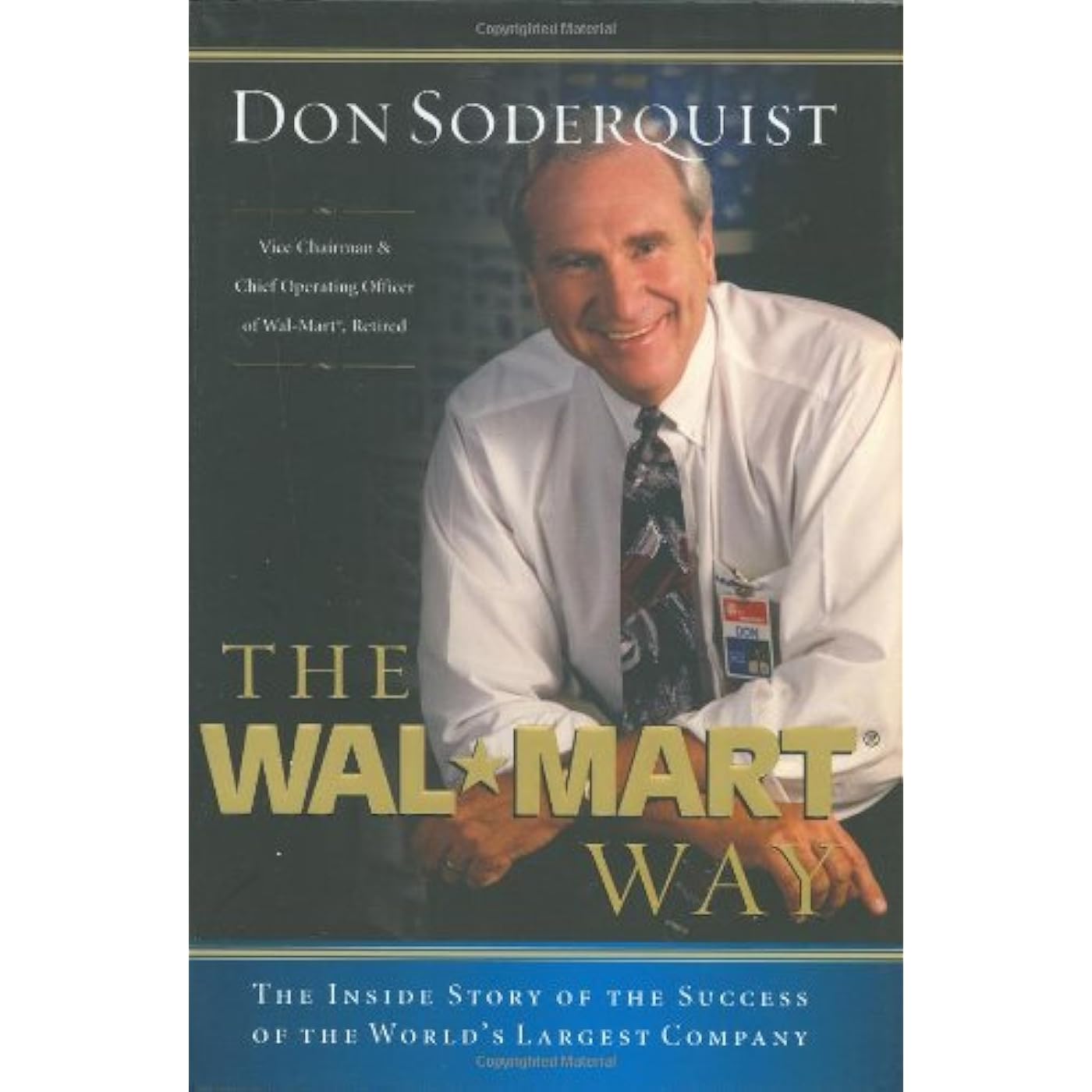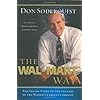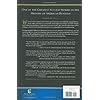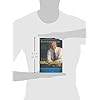



Ready to go? Add this product to your cart and select a plan during checkout. Payment plans are offered through our trusted finance partners Klarna, PayTomorrow, Affirm, Afterpay, Apple Pay, and PayPal. No-credit-needed leasing options through Acima may also be available at checkout.
Learn more about financing & leasing here.
30-day refund/replacement
To qualify for a full refund, items must be returned in their original, unused condition. If an item is returned in a used, damaged, or materially different state, you may be granted a partial refund.
To initiate a return, please visit our Returns Center.
View our full returns policy here.
Description
The former senior vice chairman of the largest retailer in the world, Walmart, shares his business and personal philosophy, and describes how the outstanding success of Walmart owes much to the Christian values that were brought into a distinct management style. Read more
Publisher : Thomas Nelson Inc (January 1, 2005)
Language : English
Hardcover : 210 pages
ISBN-10 : 0785261192
ISBN-13 : 93
Item Weight : 14.7 ounces
Dimensions : 6 x 1 x 9 inches
Best Sellers Rank: #551,147 in Books (See Top 100 in Books) #597 in Christian Business & Professional Growth #932 in Company Business Profiles (Books) #6,106 in Leadership & Motivation
#597 in Christian Business & Professional Growth:
#932 in Company Business Profiles (Books):